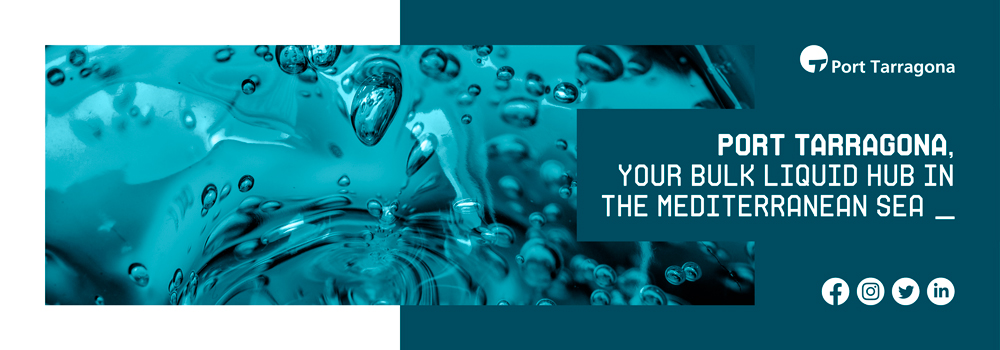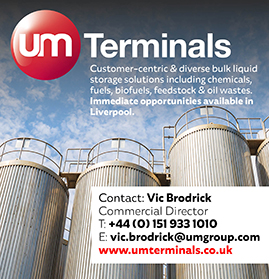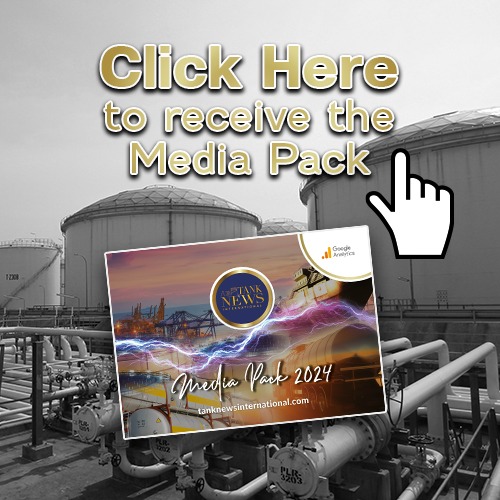Rotterdam port says coal, LNG surged in H1, Russian imports fell
The war in Ukraine led to large increases in the amount of liquefied natural gas (LNG) and coal shipped through Rotterdam in the first half of 2022, the port have said, with Russia’s share falling quickly in the second quarter.
Overall throughput at Europe’s largest port was up less than 1 percent year-on-year as an 8.9 percent fall in container traffic – caused by global logistics bottlenecks and the end of container traffic with Russia – offset the rise in raw materials.
“Imports of both LNG and coal rose very sharply as an alternative to reduced European imports of Russian gas by pipeline,” the port said in a statement.
Coal throughput rose 30 percent to 14.6 million tonnes, while LNG throughput was up 46 percent to 5.4 million tonnes, port data showed.
Russian trade had made up about 13 percent of Rotterdam traffic before the invasion, which Moscow terms a “special military operation”, began on February 24. Until then about 30 percent of crude oil and 25 percent of coal and LNG came from Russia.
The port released a chart without exact percentages showing Russian coal imports had fallen to a sliver in June, with Russian LNG also down very sharply.
Russian crude imports declined gradually from March and appeared to represent about a quarter of the total in June. Under European Union sanctions, Russian crude is set to be banned by the end of 2022.
“The availability of energy and raw materials at reasonable prices cannot be taken for granted,” CEO Allard Castelein said in a statement.
“Europe relies heavily on Russian energy and the current geopolitical situation makes Europe very vulnerable.”
Revenues at the port, which is owned by the City of Rotterdam and the Dutch government, increased by 6.3 percent to 412 million euros ($419 million).
For more information visit www.portofrotterdam.com
25th July 2022














